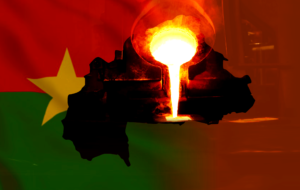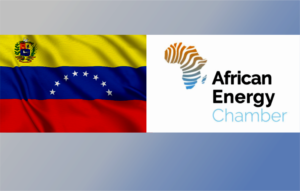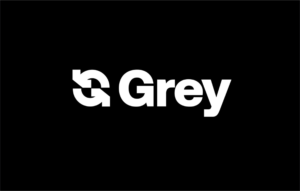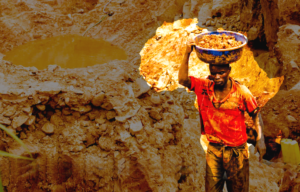Senegal’s Energy Minister Calls Stakeholders to MSGBC 2025, Framing Gas and Mining as Pathways to Shared Prosperity
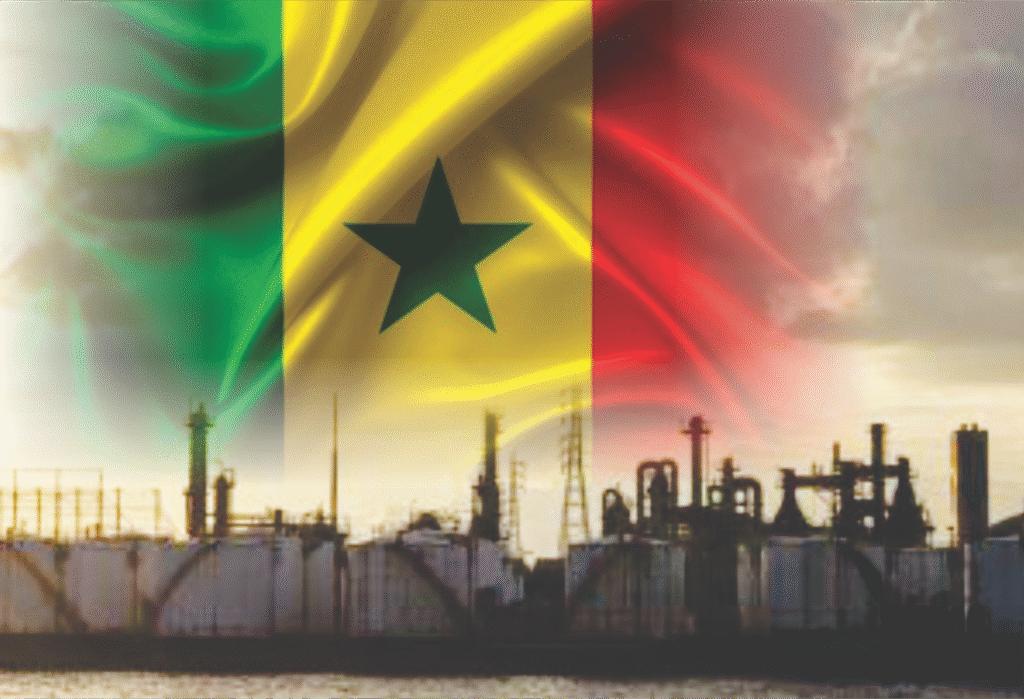
DAKAR, Senegal – Senegal’s Minister of Energy, Petroleum and Mines, Birame Souleye Diop, has issued an open invitation to regional and global energy players to attend the MSGBC Oil, Gas & Power 2025 Conference, scheduled for December 8–10 in Dakar. But beyond the formal call, his message carried a deeper political and social intent: positioning the region’s natural resources as tools for shared prosperity rather than isolated national gains.
Speaking at a press briefing, Diop said the MSGBC basin that is spanning Mauritania, Senegal, The Gambia, Guinea-Bissau and Guinea-Conakry, represents a community of shared destiny. His appeal stressed a growing trend within West Africa’s energy policy: using cross-border collaboration to manage complex projects, reduce political friction and extend economic benefits to ordinary citizens.
![]()
President Bassirou Diomaye Faye
A central example is the Greater Tortue Ahmeyim (GTA) gas project, jointly developed by bp and Kosmos Energy along the Mauritania–Senegal maritime border. Diop described the initiative as a symbol of successful cooperation and economic integration, noting that the first phase began producing gas in late 2024. With roughly a quarter of output earmarked for domestic electricity and industrial use, the project holds tangible potential for lowering power costs, improving grid stability and stimulating job-creating industries.
Plans for a second phase, targeting around five million tons of LNG annually, could amplify both national revenues and regional bargaining power in global energy markets. Technical inspections have confirmed stable operations, offering reassurance in a sector where delays often derail public expectations.
![]()
Senegal’s Minister of Energy, Petroleum and Mines, Birame Souleye Diop
The MSGBC conference is backed by Senegalese President Bassirou Diomaye Faye, whose administration has signaled a more socially attuned approach to resource governance. The event’s 2025 theme, Energy, Oil and Mining in Africa: Synergies for Inclusive Economic Development, reflects a broader ambition: ensuring that extractive wealth supports social mobility rather than deepening inequality.
Diop emphasized Senegal’s Gas-to-X strategy, which aims to convert gas into electricity, fertilizers, industrial feedstock and cleaner fuels, is a plan designed not only to diversify the economy but also to anchor the country’s energy transition. Gas, he argued, can serve as a bridge fuel that supports renewables while reducing reliance on expensive, high-emission imports.
A strong social dimension runs through these policies. Every project must benefit our citizens first, Diop said, referencing newly strengthened local-content rules. Training pipelines have been expanding accordingly: in November 2025, the national petroleum institute INPG partnered with Woodside Energy on the Sangomar development, awarding contracts to Senegalese firms and accelerating technical skill programs. Another initiative launched earlier in the year aims to train and place 1,000 young professionals by 2026, with a longer-term target of 15,000 by 2029.
![]()
“MSGBC 2025 will showcase how the region is developing talent, infrastructure and partnerships that place African capabilities at the center of Africa’s energy future,” said Sandra Jeque, Project Director at Energy Capital & Power.
As the countdown begins, Diop framed the conference as more than a technical gathering – “MSGBC 2025 is a unique opportunity to advance energy access, resource transformation and economic development across the African continent.” His words echo a growing belief that the region’s natural resources, if managed cooperatively, could fuel national budgets and more inclusive social contract.


